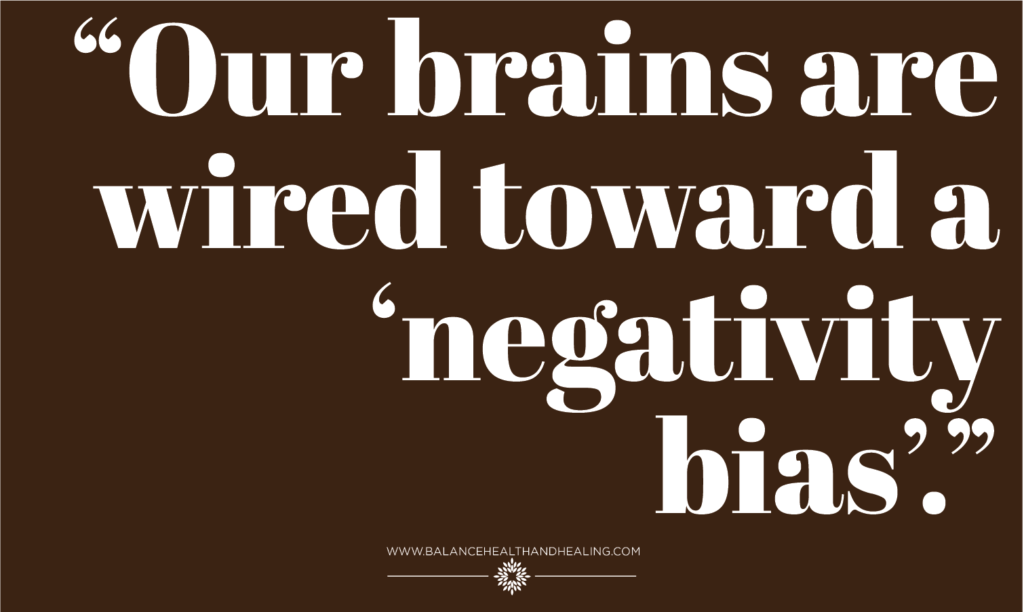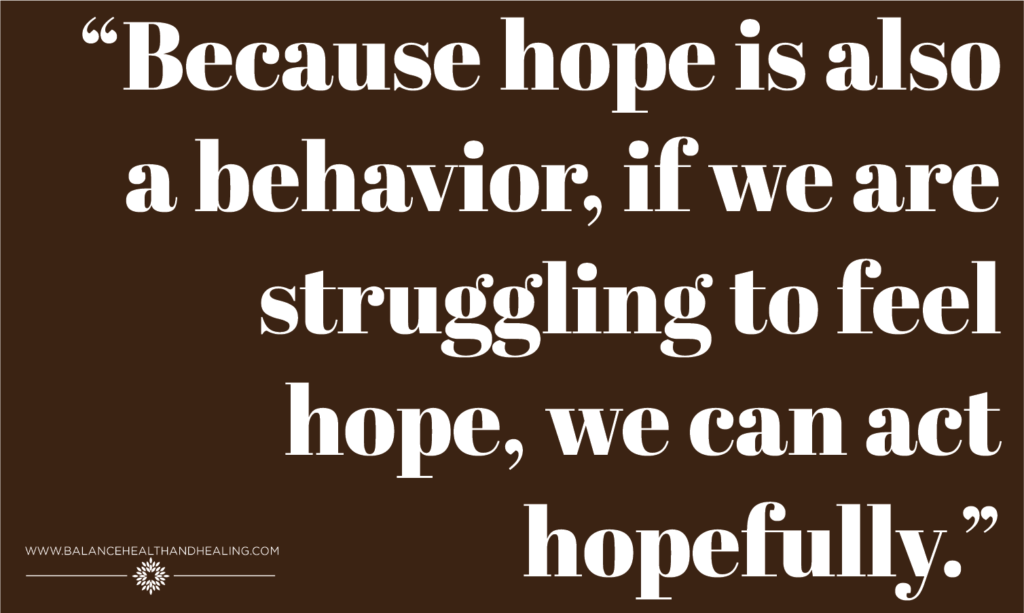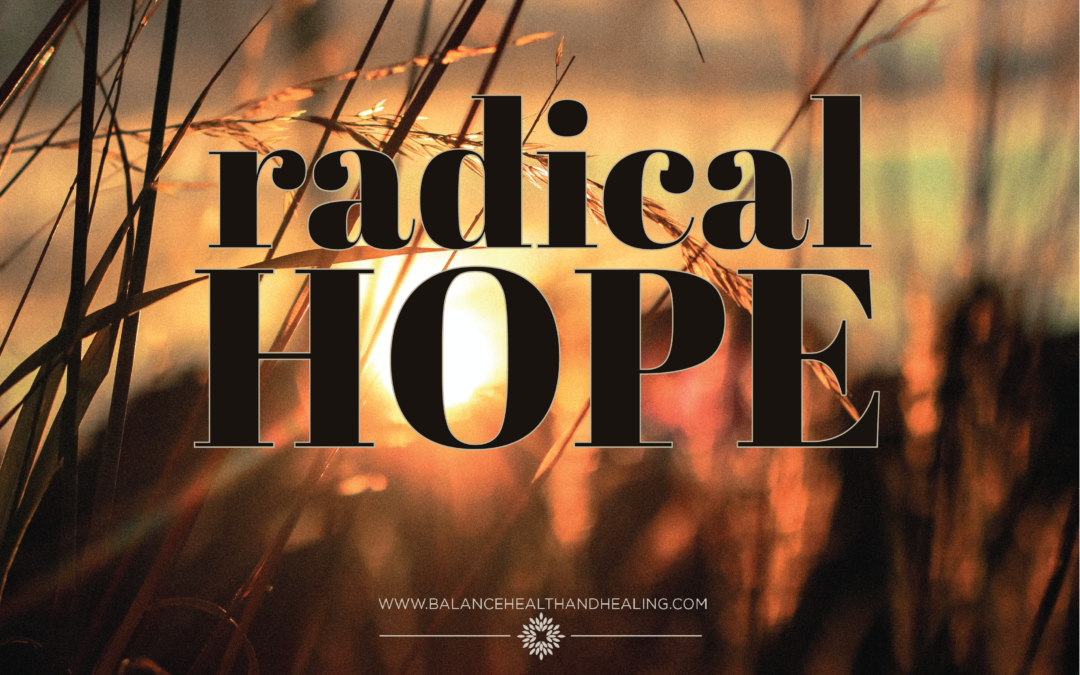- What a year. I have never lived through a year like this one. Events of 2020 include, but are not limited to: The Global Covid-19 pandemic that has struck over 41 million worldwide and killed over a million people, including killing 223,000 US citizens to date; unemployment rates in the US that exceed those in the Great Depression; social isolation and disconnection; earthquakes; murder hornets; Australian wildfires that burned 26 million acres of land, killing a billion animals and displacing nearly 90,000 people; locust plague in Africa threatening crops that feed millions of people; the killing of George Floyd among other POCs at the hands of police; violent protests and political unrest; the largest wildfire season in California’s history, burning over 5 million acres of land; one of the worst hurricane seasons on record…need I go on?
This year has been an onslaught of negative events. So many that indeed it’s almost hard to wrap our brains around it all. I have often thought to myself, “Is the world coming to an end?”
 Our brains are wired toward a “negativity bias.” That means, we have evolved to register and dwell on negative events more readily than positive ones. This serves a survival function, and in that way, has been evolutionarily adaptive. But it’s not often psychologically helpful. Indeed, we witness the increase of people suffering from mental illness during these bleak times.
Our brains are wired toward a “negativity bias.” That means, we have evolved to register and dwell on negative events more readily than positive ones. This serves a survival function, and in that way, has been evolutionarily adaptive. But it’s not often psychologically helpful. Indeed, we witness the increase of people suffering from mental illness during these bleak times.
It has been a HARD YEAR. Full stop.
I do not want my words to invalidate the pain and suffering of those around us.
I also want to offer hope.
That is what I want to speak to in this post: Hope.
If we see negativity bias as our “default setting,” I then think of hope as a developmentally advanced behavior. Some people are innately more optimistic than others and so experience hope more easily. But I don’t like to think of optimism and hope as just traits. I think of hope as a skill and a behavior. Indeed, it can even be considered a radical behavior in today’s climate!
Hope is developmentally advanced because it requires us to move beyond our default settings. It requires us to confront and tolerate fear while ALSO believing in goodness; goodness that will come to us, for us, and from us. It requires us to lean into trust in humanity despite some appalling evidence to the contrary. It also requires us to act.
While fear encourages us to shrink and hide, hope requires us to rise and produce. If we have hope for ourselves and humanity, we want to be active players in bringing about that goodness. We march for important causes and the hope and belief of change. We serve and volunteer to lift the burdens of others. We vote because we believe our voices matter and will be heard. We smile at strangers and check on our neighbors. We sing, we dance, we call our friends and loved ones. We take scary steps toward personal progress and our goals. We take personal and interpersonal risks. All these behaviors, and others, are powerful ways to defy fear and rise above our “natural wiring.”
Because hope is also a behavior, if we are struggling to feel hope, we can act hopefully. Behavior is one of the most powerful ways we have to change our belief systems. So not only is hope a radical behavior, behaving in ways that are intrinsically hopeful, like those listed above, increase our internal sense of hope and optimism. I love the idea that “we don’t think our way into behaving differently; we behave into thinking differently.”
So not only is hope a radical behavior, behaving in ways that are intrinsically hopeful, like those listed above, increase our internal sense of hope and optimism. I love the idea that “we don’t think our way into behaving differently; we behave into thinking differently.”
More than ever, on a global, social, communal, and individual level, we need this radical behavior of hope. And while I still feel at times that the world may be coming to an end, I also hope and believe deeply for all of us. We can change. We can be better, stronger versions of ourselves. We need not shrink in the face of dark, troubling times. We can produce goodness for ourselves and others. I believe through actively fostering hope through our deliberate actions, we can slowly, powerfully, change the world for ourselves and others.

